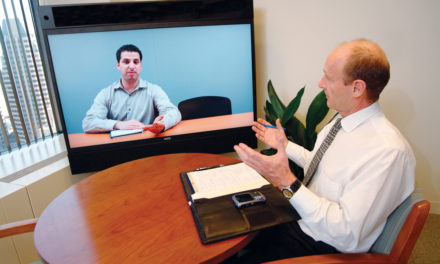You're a person who makes things happen. You're a problem-solver, an achiever. Give you a goal and you go for it. Ask you to  accomplish a challenging task and you turn on the energy.
accomplish a challenging task and you turn on the energy.
This achieving, problem-solving energy makes saying no difficult. You're used to saying yes and if asked to take on a new project, you add it to your list. Somehow, it's easier to say yes and work 'til midnight than to say no.
What happens if you say yes when you wish you'd said no? You take on more assignments than you can accomplish. Because too many yeses swamp you, your productivity or work quality dips. Also, even though you don't say no directly, you may say no through resentment.
Would you like to say no when it's in your best interest? First, short-circuit your immediate yes. Currently, you probably say yes first and ask questions later. Often, you're then surprised by the task's complexity or the time commitment to which you've now obligated yourself. For example, when someone asks you to give them a ride home and you've said, "Sure, no trouble," you find yourself driving 20 miles out of your way.
Asking, "What do you have in mind?" or "What would be involved?" also gives you the ammunition to turn down the request. For example, if someone asks you to join a committee and you ask, "What time commitment would that involve?" and learn, "A meeting a week for two months," you can say, "I'd rather just be a resource to your committee because I don't know if I can squeeze that many meetings into a huge workload." This lets you help out while avoiding a yes you later regret.
Further, asking questions such as, "How much time would be involved?" and "What else would be involved in that commitment?" lets the requester know you're considering the request. Saying no after fleshing it out lets the requester down more gently than an immediate, "I can't help you, I'm sorry." If saying no makes you feel guilty, this helps neutralize your guilt.
Second, pause to consider the consequences of saying either yes or no. By assessing consequences, you prevent yourself from saying yes before you look at what a yes does to you and your workload.
If you say yes to a co-worker, does that divert you from the priorities your boss expects you to accomplish? Those who say yes to too many tangential activities sell their own job and priorities short. This doesn't mean you can flatly say, "That's not in my job description," to every request -- helping co-workers out occasionally supports the entire team. Additionally, you generally want to say yes to tasks given to you by your supervisor that will develop your talents or help your company grow.
When you do say no, say it directly. While you can give a brief, convincing explanation so the requester understands the reason for your no, avoid excuses; others see through them and would rather be told no than suffer through a layer of phony excuses.
You can also provide a partial yes. For example, if your employee asks to be sent to training, on company time, you can say, "We can't afford that. However, if you go on your own time, we'll pay half."
The bottom line: make a thoughtful choice between yes and no.
Latest posts by Lynne Curry, Ph.d., SPHR (see all)
- Holidays: Paying for Parties, Job Searching, & Bonuses - November 29, 2023
- Workplace Conflict: Dueling Employees - July 3, 2023
- You Owe it to Yourself to Blow the Whistle: Washington - June 19, 2023












